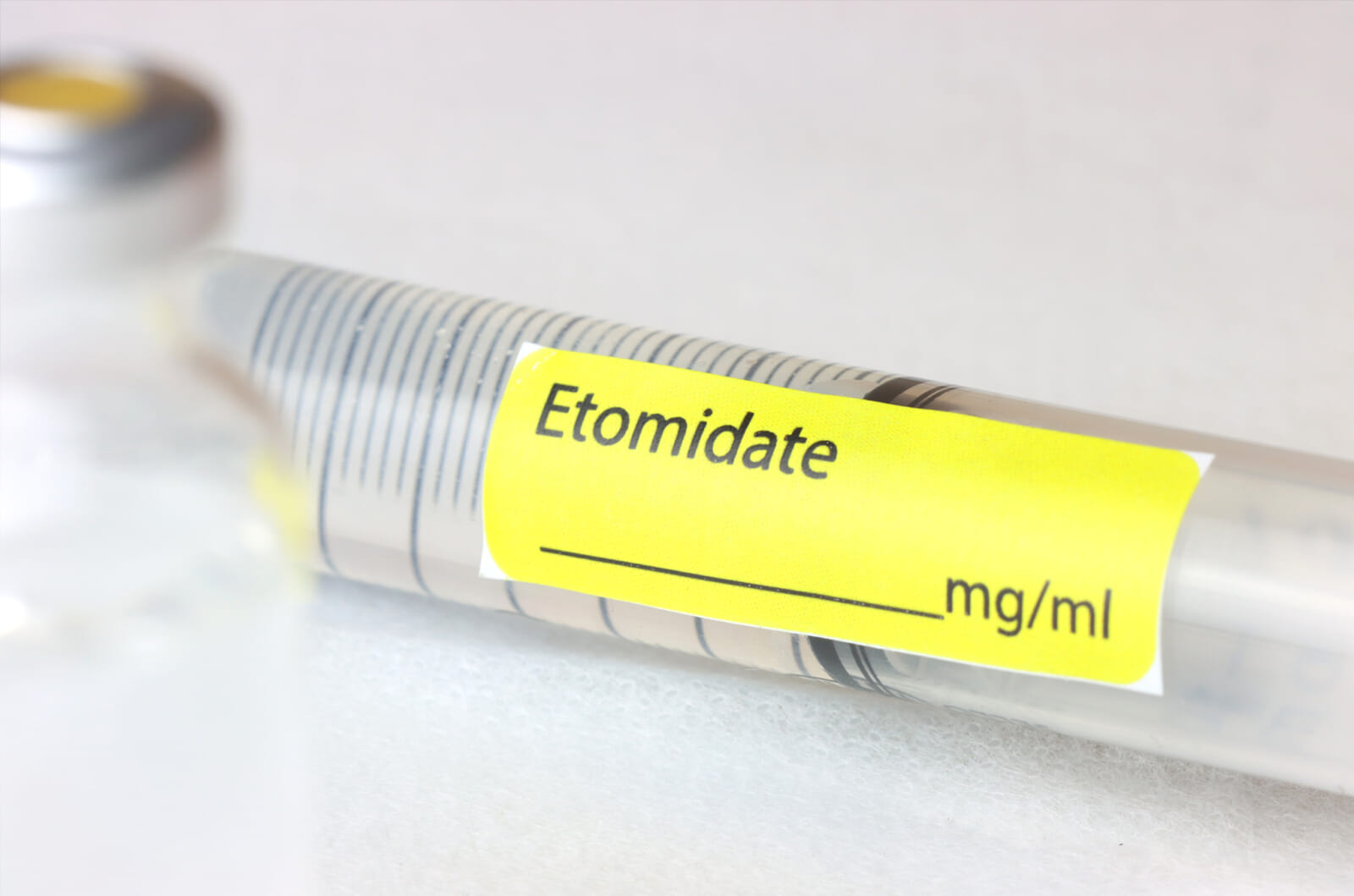In early July, a 16-year-old boy in Okinawa was arrested for possession of a vape liquid containing etomidate, a hospital-grade anesthetic. A day earlier, two men in their twenties were also picked up on the same charge. The liquid, sold on the gray market under names like “laughing gas vape,” contains etomidate, a short-acting sedative typically used in emergency rooms to knock patients out before procedures. When inhaled recreationally, it causes dissociation, memory loss, respiratory suppression and a stiff, twitching stupor that’s earned it the street name “Zombie Vape” or “Zombie Juice.”
The drug was formally banned in Japan on May 16, 2025, after reports of abuse in Southeast Asia and scattered use across Japan. But enforcement came fast — and public education didn’t. Just weeks after the ban, young people in Okinawa were being detained for possession of a substance they may not have known was illegal.

What Is Etomidate?
Medically, etomidate is used to induce rapid sedation during emergency intubation. It’s highly potent, fast-acting and prized for its ability to knock someone out without tanking their blood pressure — a critical trait for trauma patients. But outside a controlled hospital setting, etomidate is dangerous.
When used recreationally, etomidate can cause blackouts, muscle convulsions and zombie-like disorientation. It doesn’t deliver a high so much as a neurological override, leaving users temporarily unable to speak or walk normally. In Southeast Asia, it’s gained notoriety in the underground vape scene, sometimes sold under misleading names or mixed with legal substances. It’s not addictive in the classic sense, but its ultra-short onset and intense dissociation can hook the curious.
Legal Gray Area, Now Fully Black
In Japan, etomidate was technically legal until May, when the government added it to the list of designated drugs under the Pharmaceuticals and Medical Devices Act. Now, possession, distribution, or use can lead to up to three years in prison or a ¥3 million fine. There’s no exception for ignorance — “I didn’t know” doesn’t hold up in court.
“The moment the government designates a drug, any continued possession becomes a criminal act,” Tokyo-based defense attorney Tomoki Amemiya told Yahoo News Japan. “Even if you owned it legally before, keeping it afterward can result in arrest.”
The effects of etomidate are unquestionably dangerous. And the lack of clear information around it poses another risk. Thanks to mislabeling, some may buy it thinking it’s just a herbal vape; others may be told it’s “just like nitrous.” They may not be aware they’re ingesting a clinical anesthetic — and they may have no idea it’s illegal.
The arrests signal a bigger issue: a legal system quick to punish but slow to educate, in a market where the line between legal and illegal substances shifts without much notice. The Okinawan teens will now move through Japan’s criminal justice system, facing charges that could result in suspended sentences, hefty fines or even jail time.
Meanwhile, vape sellers adapt, shifting to new compounds that haven’t yet been banned. Teens keep experimenting in the dark. And a system more interested in punishment than prevention lets the cycle roll on.
Discover Tokyo, Every Week
Get the city’s best stories, under-the-radar spots and exclusive invites delivered straight to your inbox.
Related Posts


AloJapan.com